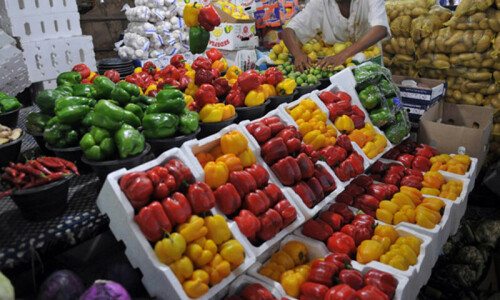
HEART: Abdullah was left catatonic and almost mute by the electric shocks meted out to him by Iranian police before they bussed him to the border and sent him back to Afghanistan.
His arms marked with slashes of red paint to identify him as a deportee, the 18-year-old lies on a bed of cushions in an otherwise bare hut that has become his temporary home, uttering only his name and that of his home province Tahir.
“He was deported from Iran, we don't know what's wrong. Sometimes he speaks,” says one UN worker tasked with giving him board until aid workers can find his family to send him home. “We have a lot of cases like this.”
Up to three million Afghan refugees settled in Iran during the Soviet occupation in the 1980s, making Tehran responsible for one of the largest refugee populations in the world.
At first Afghans were permitted to live in their neighbouring country with ease, with women in particular enjoying a higher social status as well as better education, work opportunities and security.
But since the 1990s Tehran has clamped down on the refugees, tightening rules that allow Afghans to pursue education and work, and in 2007 launching a massive deportation programme that sent home up to half a million.
Some say that the size of the exodus was politically orchestrated -- used as a tool to exert pressure on the Western-backed government in Kabul to take a more anti-Western stance.
“Whenever Afghanistan's policies displease Tehran, the Iranian government threatens to expel all Afghans living in Iran,” wrote Ahmad Majidyar and Ali Alfoneh in a 2010 report on the issue for American Enterprise Institute for Public Policy Research, a right-wing US think tank.
“Tehran understands that the fragile Afghan government lacks the capacity to absorb a large number of returnees under current security and economic conditions.”
One million Afghan refugees now officially live in Iran, with estimates of up to another one million living there illegally, more than 10 years after US troops invaded Afghanistan and brought down the Taliban regime.
According to figures compiled by the UN refugee agency (UNHCR), a total of 18,152 Afghan refugees returned from Iran in 2011, well over double the number in the previous year.
Iran recently lent its approval, along with Afghanistan and Pakistan, to a new UN strategy designed to help Afghans who return, trying to focus on more sustainable reintegration to stop them becoming destitute.
But in western Afghanistan, tales of mistreatment of Afghan refugees by Iranian authorities abound -- as do reports of deportees being forced to pay bribes to escape an apparently brutally run detention centre across the border.
Hamidullah Hatibi, who runs the provincial refugee agency in Herat, says that last year one man beaten by Iranian authorities succumbed to his wounds once he had crossed the border, while another had a mental breakdown.
“Broken hands, arms, beaten bodies -- there are a lot. The Iranian government treats the refugees badly and these people cannot go back,” he said, adding that the government relies on UN aid to help the refugees return home.
Several calls to the Iranian embassy in Kabul for comment went unanswered.
The ebb and flow of Afghans across their western border in search of work and an escape from their restive homeland continues -- the refugees caught between an expensive and insecure life in Iran, or continued war at home.
Many are deported, but the majority are forced to return by increased economic hardship and restricted living conditions in Iran.
Refugees, often in families with six or seven children, must pay annual school fees of up to $75 per child, despite earning a subsistence wage of $10 per day.
“It pays for just one chicken,” said father-of-five Yusuf Zeyiey, 48, who decided to return to Afghanistan after nine years living in Iran.
He cannot go to his home province of Jowzjan where there is no work and the threat of the Taliban insurgency -- instead he will go to northern Mazar city and try to pick up construction work that pays $20 per day.
“It was just too expensive. We had problems with rent, food, school. All these problems caused us to come back,” he said.
Stringent economic conditions are only likely to get worse for refugees living in Iran as the US and EU tighten sanctions to try to force Tehran to abandon its nuclear programme.
And Afghanistan's western lands have long-been considered an extension of Iranian territory by the authoritarian neighbouring regime.
But despite the difficulties, there is still high demand for a permit to live and work in Iran: lines snake outside the Iranian consulate in Herat and crowds jostle for passports outside the provincial refugee ministry.
Some say they seek refuge from war -- others claim there are no jobs to be found in Afghanistan. All of those waiting outside the ministry earlier this month claimed they were being forced to pay officials bribes for a passport.













































Dear visitor, the comments section is undergoing an overhaul and will return soon.